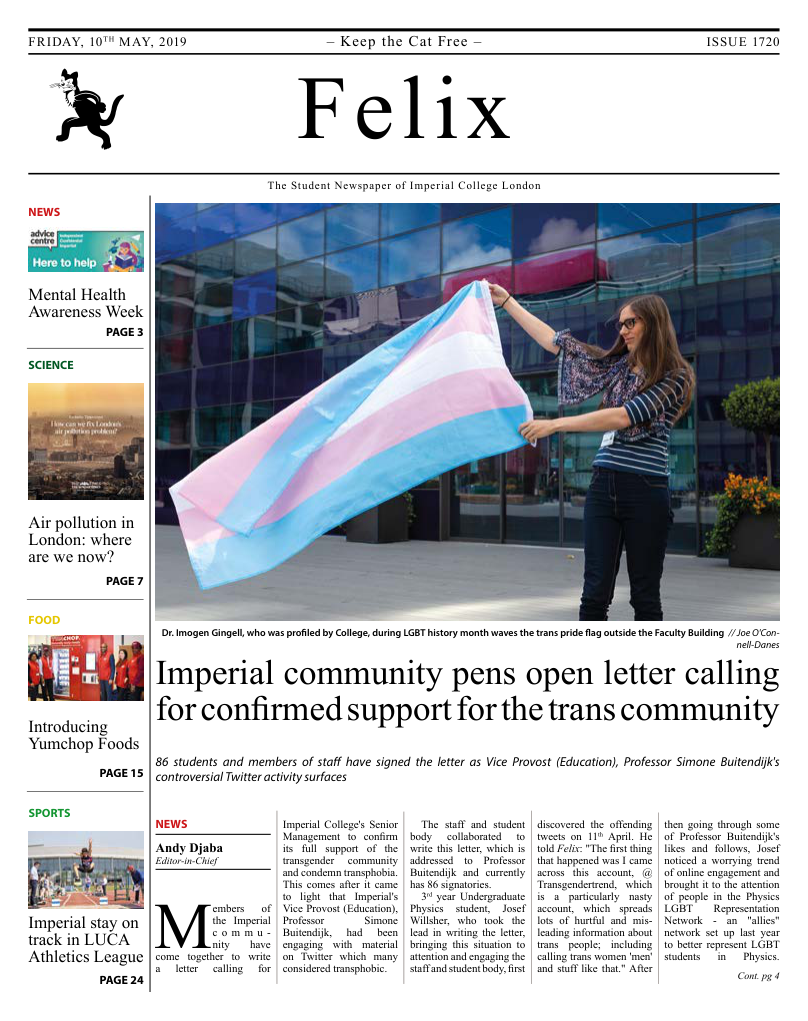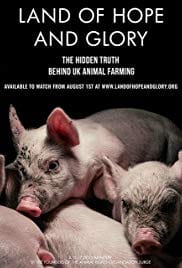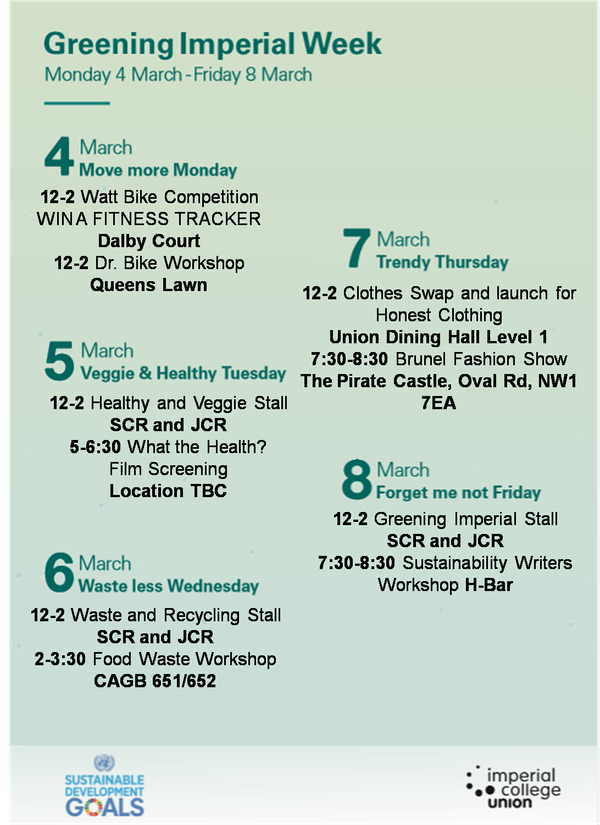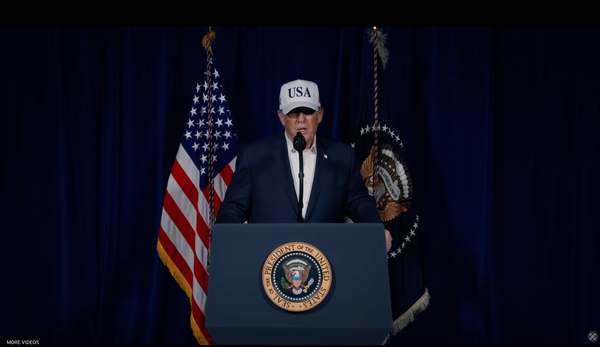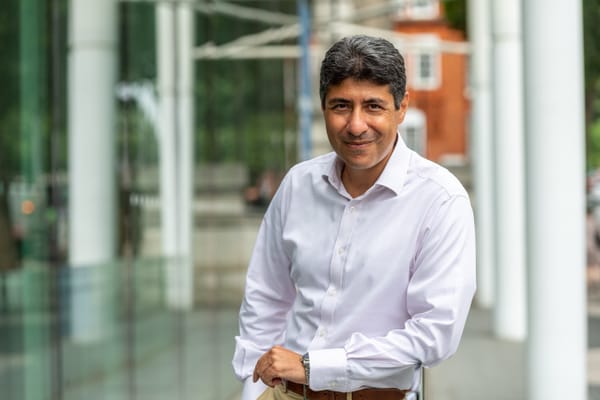Witnessing Life on the Frontline of Climate Change
Sir David Attenborough speaks up about what global warming means for the future of our planet through an absolute must-watch documentary by BBC One

On April 18th, BBC One broadcasted the highly anticipated documentary “Climate Change: The facts”. Needless to say, it was one of the most devastating hours of my entire easter holiday (really putting revision into perspective). Hosted by the trusted veteran, sir David Attenborough, this documentary presented the alarming and formidable consequences of global warming exceeding 1.5 degrees.
The problem with global warming for many, is that it seems to be such an abstract and overwhelming topic that we can’t quite get the grasp of it. There seems to be too much information floating around, with mixed opinions and solutions from a multitude of angles. Nonetheless, younger generations have shown strong concerns and proactivity in the recent months, through events such as the climate strikes across the globe and the extinction rebellion in London. It seems timely that BBC has broadcasted this comprehensive documentary, ‘rousing call to arms’, as stated by the Guardian.
It tackles some of the greatest threats of climate change - heatwaves in forests that have led to the massacre of the Australian flying fox; icebergs built over thousands of years collapsing in a matter of seconds; regions of land once inhabited now submerged, forcing ‘climate refugees’ to seek escape; wildfires in California burning down entire communities along with its families.
Our planet is quite literally falling apart.
I believe that the problem with us as students studying in London, living our day to day lives, is that it becomes almost too easy to dismiss everything happening thousands of miles away. If we aren’t the ones suffering, we seem to continue putting it off. Which is why, this documentary is so painful to watch – but should be mandatory for everyone.Sir Attenborough’s dire tone presents shocking statistics about the reality of our planet, which, narrated over footage of grim landscapes taken from across the globe, merge in an effort to cry out to our ethos, pathos and logos. When the documentary presents to you the stark reality of real people and tragic suffering, the harrowing reality will hit you like a sack of bricks, and flood you with an emotional connection that compels your new concern for climate change.
Nonetheless, the film is not all doom-and-gloom. The last 20 minutes of the documentary offers a glimpse of hope: if we take serious action in the coming years it is possible to mitigate some of the most adverse damages of climate change. By shedding light on 16-year-old Greta Thunberg and how she ignited a youth revolution against climate change, we as audience are urged to believe that if she can do it, any one of us can too make a difference.
An interesting approach to the problem is presented through the rapid growth of renewable energy development – solar panels, windmills, and even electronic aeroplanes (though far in the future). The question is whether or not all this can make the necessary difference before a looming deadline.
It seems ironic that the man whose career was born of sharing the wonders of nature to the public, is now having to alarm us about its demise.
He concludes “We now stand at a unique point in our planet’s history, one where we must all share responsibility, both for our present well-being and for the future of life on earth. Every one of us has the power to make changes and make them now. Our wonderful natural world and the lives of our children, our grandchildren and all those who follow them depend upon us doing so”.
Being tasked with the enormous responsibility of saving this planet for the future, what can each of us, and what can all of us, do?
Climate change - The Facts is available to watch on BBC iPlayer.

